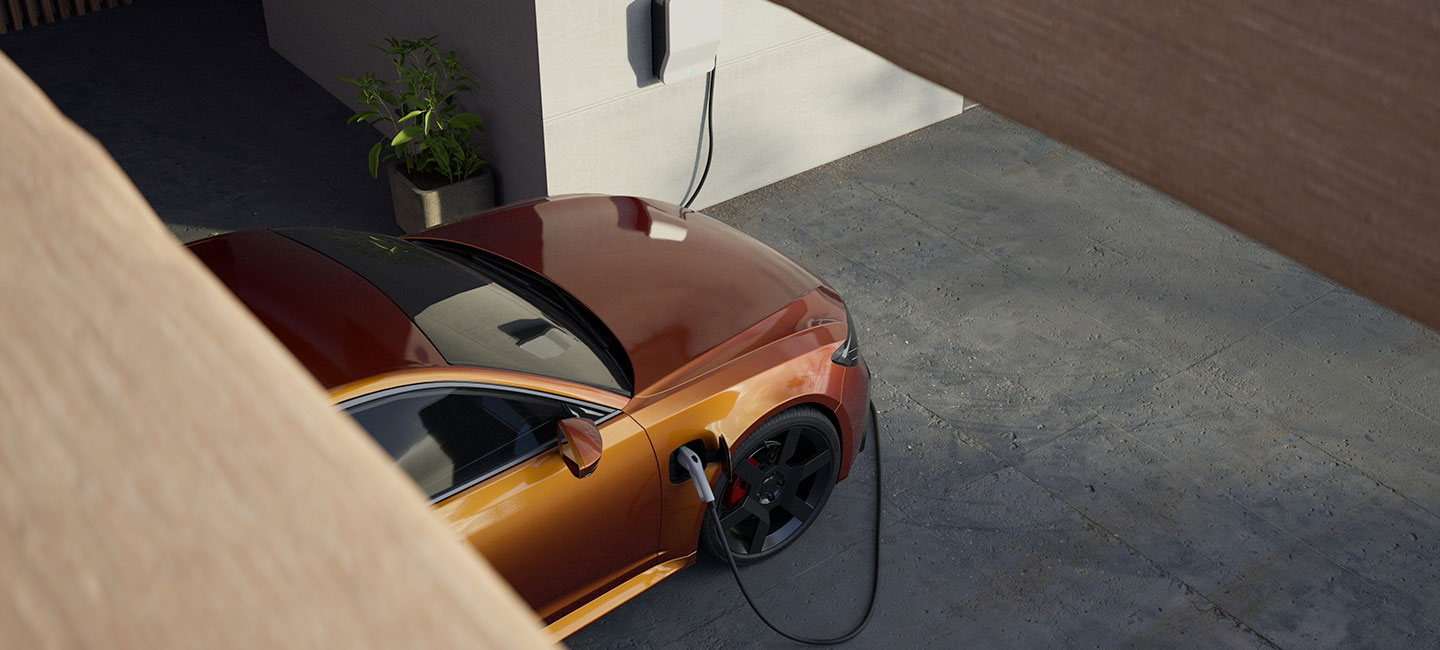
Electric vehicles (EVs) are becoming increasingly popular as more drivers recognize the environmental and cost-saving benefits they offer. However, to fully unlock the EV ownership experience, a home charging station is a prerequisite.
The Importance of Home Charging
Installing an EV home charging station opens up a treasure trove of benefits that are not available to owners of ICE-powered cars:
- Home charging offers EV owners unparalleled convenience. Instead of making trips to a public charging station, drivers can simply plug in their EVs at home.
- If the home charger is powered by a sustainable energy source, such as solar, owners can also be assured that every charge is clean.
- With a home charger an EV owner need never have to join the queue waiting for a spot at a public charger.
- Charging an EV at home is substantially cheaper than filling up a traditional gasoline or diesel vehicle. The cost of electricity to power a home charger is also less than that to power the public DC fast chargers.
And unlike owning a gas station, owning a home charger is a viable option. In fact, in the US more than 80 percent of EV owners primarily charge at home.
The Cost of a Home Charger Installation
The cost of installing a home charger can vary depending on several factors, including location, the type of charger, and the electrical connection required. Homeowners get to choose between a Level 1 (L1) or Level 2 (L2) charger.
A typical L1 EV charger delivers between 1.3 kW and 2.4 kW, which translates into roughly 3.11 miles of range per hour of charging. L2 chargers require a special electrical connection of between 208 and 240 volts and can charge between 3 kW and 19 kW, delivering a range of 18 to 28 miles per hour.
On average, home charger installation can range from a few hundred dollars for an L1, to a few thousand dollars for a faster-charging L2. However, utility companies, states, and equipment manufacturers often offer incentives and rebates that help to offset these costs.
But why lay out any money on a home charger when public DC fast chargers are becoming commonplace? The answer lies in the convenience of home charging and the cost to charge.
The Cost of DC Fast Charging
While charging at a DC fast charger cuts the time to charge from the hours needed with AC home charging to minutes, it comes at a cost.
- Because of the cost of the equipment, DC fast charging is generally more expensive per kWh compared to home charging. This can result in significantly higher costs over time if the EV is exclusively charged at public charging stations.
- Some DC fast-charging networks require a membership or subscription.
- Cluster charging of EVs during peak hours can push the pricing into the peak demand bracket, which will increase the cost to charge significantly.
So, while DC fast charging is invaluable for road trips and emergencies, home charging is the more cost-effective and convenient option for regular use.
However, as with any other electrical appliance, the home charger can develop a problem, or even stop working at any time, leaving an out-of-power EV stranded in the garage.
Fortunately, Safe-Guard’s EV Wall Charger Protection is an optional service contract that includes replacement coverage for the failure of an EV home charging station due to mechanical breakdown. This protection product also provides reimbursement for the costs associated with an electrician removing the defective charger and installing a replacement charger after the base three-year manufacturer’s warranty has expired (a two-year extension).
If charging your EV at your own home charging station appeals to you, but the risk of an expensive failure does not, contact your EV dealer about obtaining Safe-Guard’s Wall Charger Protection.